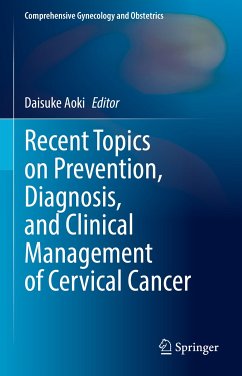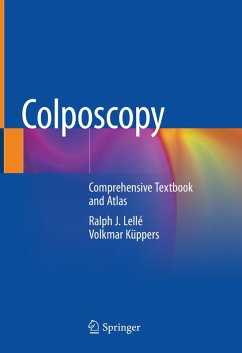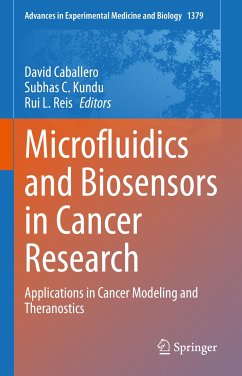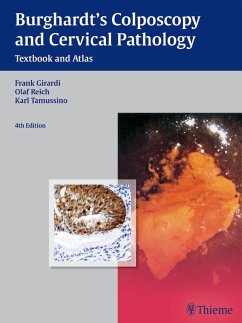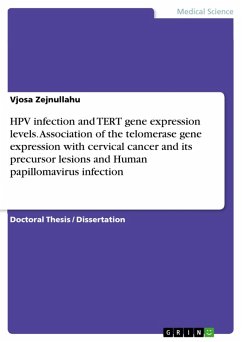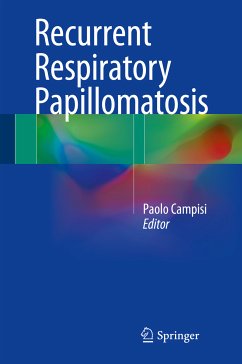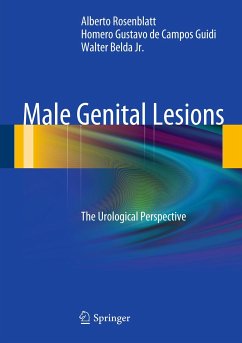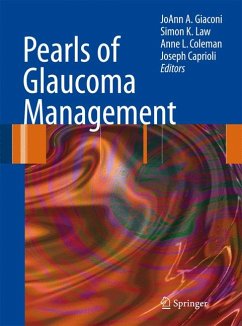
Biomarkers and Biosensors for Cervical Cancer Diagnosis (eBook, PDF)
Versandkostenfrei!
Sofort per Download lieferbar
136,95 €
inkl. MwSt.
Weitere Ausgaben:

PAYBACK Punkte
68 °P sammeln!
This book highlights both conventional and nanomaterials-based biosensors for the detection of cervical cancers. It describes developments in the selective and sensitive electrochemical biosensors based on DNA for the early diagnosis of cervical cancer. Further, this book covers other nano-biosensing systems such as nano-thermometry-based sensing platforms, mechanical sensing platforms encompassing piezoelectric-based sensors, electrochemical impedance spectroscopy based on PEGylated arginine functionalized magnetic nanoparticles, and field-effect transistor-based platforms for the early detec...
This book highlights both conventional and nanomaterials-based biosensors for the detection of cervical cancers. It describes developments in the selective and sensitive electrochemical biosensors based on DNA for the early diagnosis of cervical cancer. Further, this book covers other nano-biosensing systems such as nano-thermometry-based sensing platforms, mechanical sensing platforms encompassing piezoelectric-based sensors, electrochemical impedance spectroscopy based on PEGylated arginine functionalized magnetic nanoparticles, and field-effect transistor-based platforms for the early detection of cervical cancer. Also, it presents conventional platforms such as vibrational spectroscopy and polymerase chain reaction techniques for the diagnosis of cervical cancer. Finally, it reviews currently available biomarkers for the early diagnosis of cervical cancer and presents strategies for developing novel biomarkers based on cellular and molecular approaches. As such, this book is a comprehensive resource for researchers and clinicians working in cervical cancer diagnostics.
Dieser Download kann aus rechtlichen Gründen nur mit Rechnungsadresse in A, B, BG, CY, CZ, D, DK, EW, E, FIN, F, GR, HR, H, IRL, I, LT, L, LR, M, NL, PL, P, R, S, SLO, SK ausgeliefert werden.



